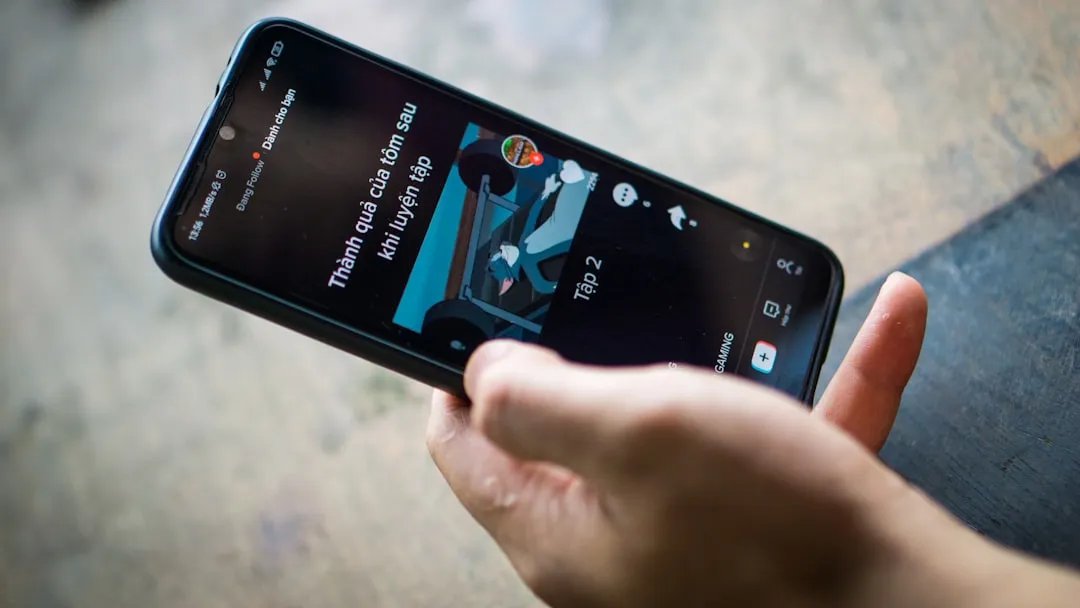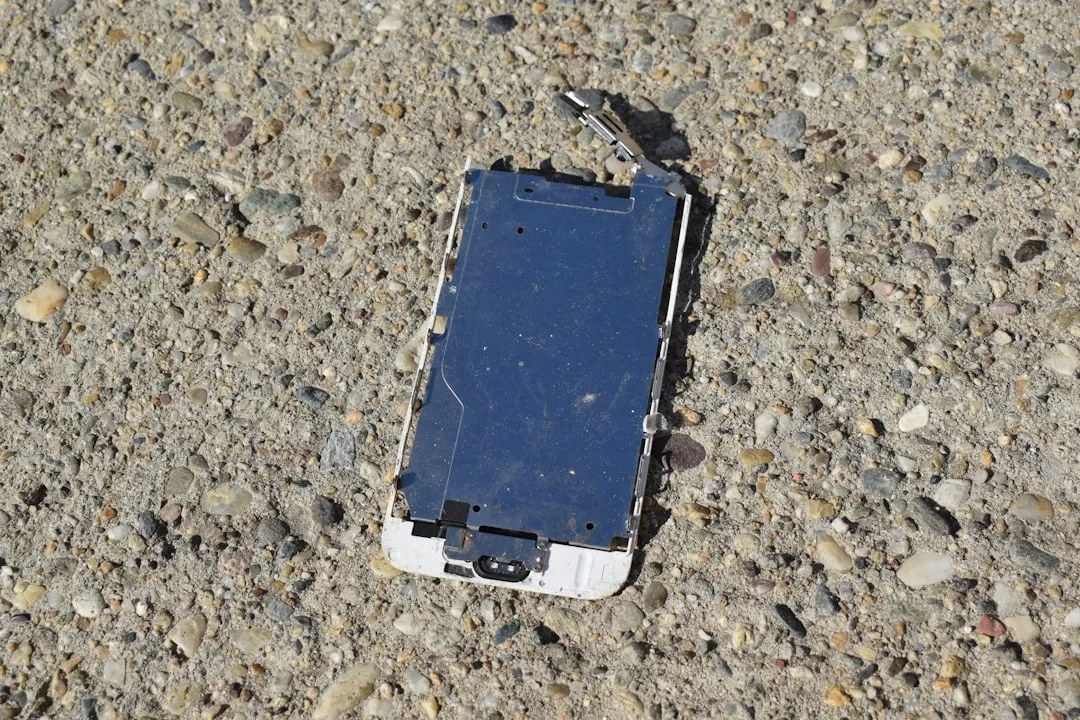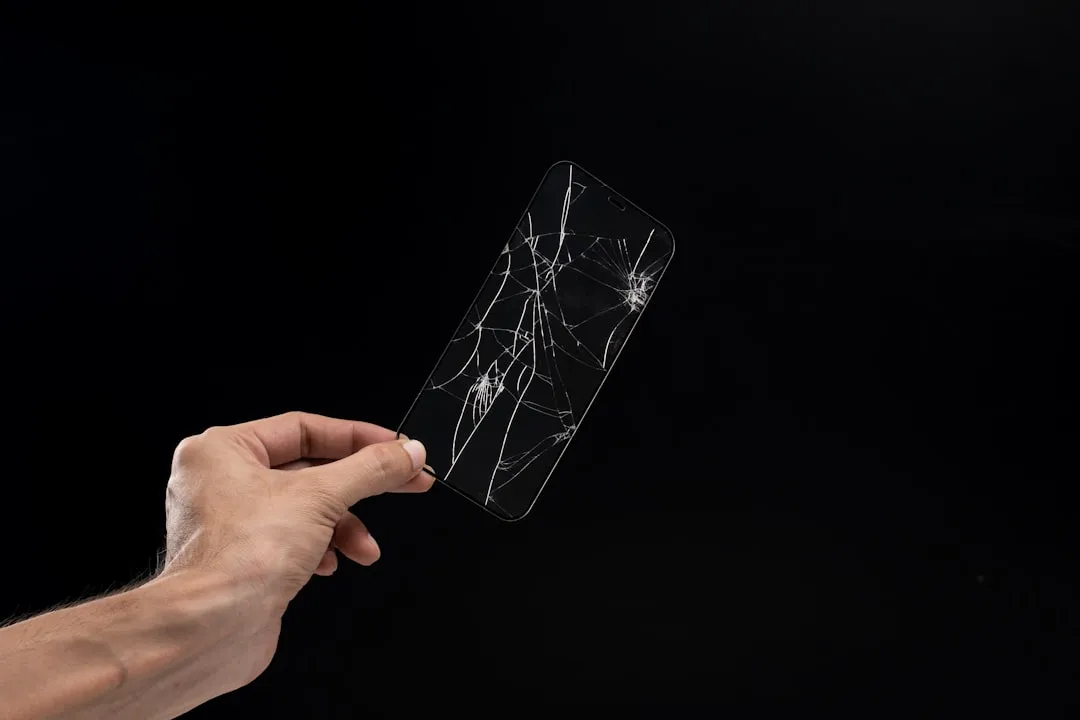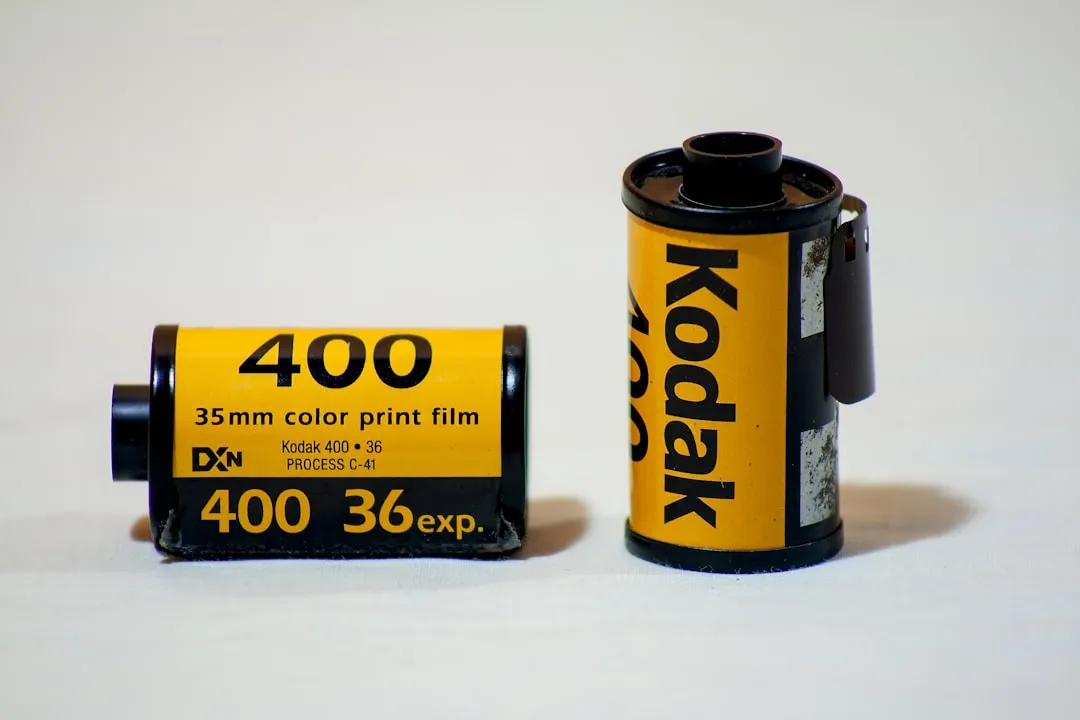Nokia, the Finnish telecommunications company, is about to shake things up a bit after its networks sales in the final quarter of last year declined 14% compared to sales in 2015.
On April 1, Samih Elhage will leave his cushy job as president of Mobile Networks, which he's held since 2015, to become an advisor at the company until the end of May. This change is also the hinge of a split of the Mobile Networks division, as Nokia's new strategy includes separating its mobile networks division into two individual organizations.
The first one will be called Mobile Networks and is set to focus on products and solutions. The other will be called Global Services and will focus on services.
The telecom equipment industry has been facing slowing demand from telecom carriers ever since 4G wireless networks peaked, and upgrades to 5G equipment are still years away. Nokia is also struggling to compete with its fair share of rivals such as its usual competitor, Sweden's Ericsson AB, and now, new Chinese giants, ZTE Corp and Huawei Technologies Co.
At a news conference last month, ahead of the Mobile World Congress in Barcelona, Nokia Chief Executive Rajeev Suri stated that he believed "that the global networks market would decline to $110 billion in 2017, a decline of 2% compared with 2016, but would rise slightly to reach $120 billion in 2021."
Therefore, Nokia, as part of a structural and management shake-up, is saying farewell to its current chief of Mobile Networks, and ramping up its strategy to increase sales and beat out competition.
In an interview with the Wall Street Journal, Suri stated:
These changes are designed to accelerate the execution of our strategy. They will strengthen our ability to deliver strong financial performance, drive growth in services, meet changing customer demands in mobile networks, achieve our cost-saving and ongoing transformation goals, and enable strategic innovation across our networks business.
While selling telecommunications equipments remains at Nokia's core, they are looking for new revenue streams. The company wants 2017 to be a time to pursue growth outside its core equipment business.
According to Alternative Media, the company is pursuing "the hardware business" and "licensing its brand name to a third-party mobile-phone maker." Specifically, the Nokia phone brand was licensed to HMD Global, another Finnish company that's been launching a suite of new Nokia-branded smartphones since it acquired the brand from Microsoft last year.
Last year, Nokia also acquired a company that sells digital-health devices, and are currently building a software business that would provide virtual services to help phone carriers manage and run their networks.
As the company changes strategy, Marc Rouanne's role as chief innovation and operating officer will be split, and the current operating activities moved to an appointed chief operating officer. Innovation activities will be run by the company's chief technology officer, and incubation by the chief strategy officer.
Rouanne will become president of the Mobile Networks business group, and Igor Leprince, executive vice president of Global Services, will become president of that division. Monika Maurer, the current chief operating officer of Fixed Networks, is now the group chief operating officer, and Marcus Weldon, president of Nokia Bell Labs and chief technology officer, retains his position.
Completing the shake-up, Kathrin Buvac, current chief strategy officer, will take on additional responsibilities for the incubation of a few new business opportunities, and Barry French, chief marketing officer, will also take on additional responsibilities for health, safety, security, and environment.
- Follow Gadget Hacks on Facebook and Twitter
- Follow WonderHowTo on Facebook, witter, Pinterest, and Google+
Cover image via Andrew Currie/Flickr

























Comments
Be the first, drop a comment!